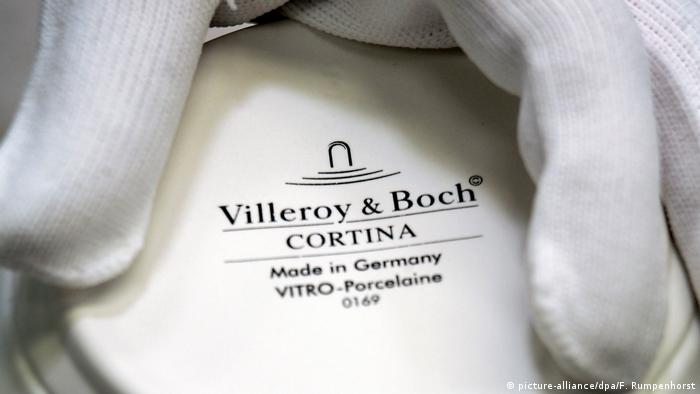A recent study shows that companies that are family-owned or family-controlled, are often more successful than companies that are owned by investors.

In 2009, it had cleared up a study of the Technical University of Munich with a prejudice: a Generation ago, the view advanced was that a typical family companies belonging to the Mittelstand face. Such a company is small and manageable, it is, at best, a medium-sized company, “whose ownership shares almost exclusively in the case of the owner family”, the Munich-based researchers.
In reality, however, the former study by the Center for Entrepreneurial and Financial Studies (CEFS) at the Technical University of Munich (TUM) had shown that family businesses accounted for “nearly half of the number, and about a third of the market capitalisation of between 1998 and 2008 in the Composite Dax (CDax) of the stock exchange listed companies”. Family companies were ten years ago, already a major group of companies on the German capital market.
Although the total number of the German stock exchange have decreased-listed companies in the last decade, overall, strongly, the researchers note: During 2008, 618 companies in the CDax were recorded in the investigation period up to 2018, only 426. However, on the Basis of the applied in this study “Founding-Family-Definition” are always about 40 per cent of all Non-financial companies in the CDax family business.
Families in contra investors
The current study, the TUM was created on behalf of the “Foundation for family businesses”. Meanwhile, the scientists of the centre for business and financial studies of the University working under the direction of Economist Ann-Kristin Achleitner, who is also a member of the Supervisory Board in a number of large companies.
Economists surveyed nearly 500 publicly listed companies to 40 percent of a family is involved, and at 20 percent, the family of the founder has still a substantial impact. Companies in the financial sector and the real estate sector have not been studied. The subject of the study, both traditional companies as well as young companies.
On average, a founding family holds, therefore, almost a quarter of the shares. In the case of Non-family firms, however, are the main strategic investors role, you will hold according to the study, on average 28 per cent of the capital.

The Internet Shoe retailer Zalando, as well as the …
“Strong operational Performance”
The Economists showed in their study that listed companies in which a family is involved, or under the substantial influence of the owner family, are more profitable than companies that are not subject to family influence.
“Family business”, according to the researchers, “recorded a higher growth in sales and employment”. These companies were also in the to generate a high return through a “significantly better operating Performance”. However, family firms are on average smaller than that of investors-driven comparison companies.
“The stronger the family influence on the company, the higher the operational Performance,” says the study. The family business was generated, therefore, during the investigation period from 2009 to 2018, an annual return on the share price and dividend, gain of 23.2 percent. In the case of Non-family companies, there were only 15.2 percent. The studied family firms were able to increase in this period, the sales of 122 per cent, in the case of Non-family firms, there were only around 50 percent.

… DIY store chain Hornbach to the investigated companies.
High diversity – slender structures
Another difference to Non-family businesses show up in the “Corporate Governance structures”. The family business differed significantly from each other and distinguish themselves especially strongly from Non-family businesses. This is remarkable, because “the Knowledge of the characteristics of listed family companies also for the capital market regulation, or legislation of importance” could be.
A further difference between family businesses and companies in investor-owned shows, according to the study, in the structures: in both groups, the members of the management Board about the same size, either from the Supervisory bodies in a different way: investors to build, on average, to about a dozen Board members, family firms are content, however, in General, with half of the supervisors. Also often, a Supervisory Board is perceived mandate of a member of the owner family.
Economically important
In addition, family firms are significantly smaller than Non-family companies – regardless of whether we measure firm size using total assets, sales revenues or number of employees.
Thus, according to the Munich-based Economists, is noteworthy that the employment of a family business has grown over the period 2009 to 2018, significantly more than in Non-family businesses – an average of 54 per cent instead of 21 per cent, as is the case with the competition in the investors possession.
This underlined once more the economic importance of family businesses as well as the observation that these firms, which often come with the legal form of an SE and a KGaA, therefore, have a higher equity ratio than Non-family businesses.









